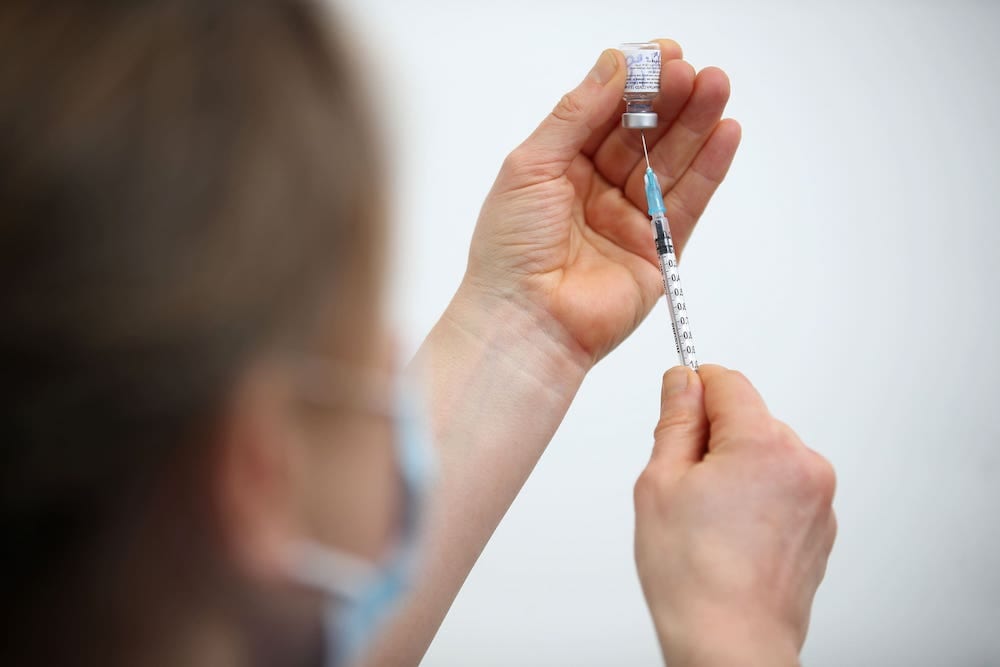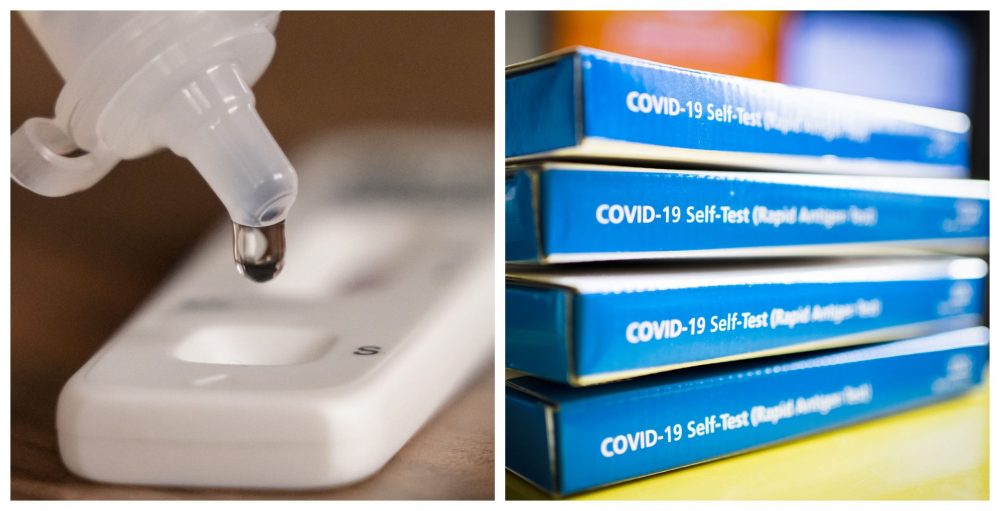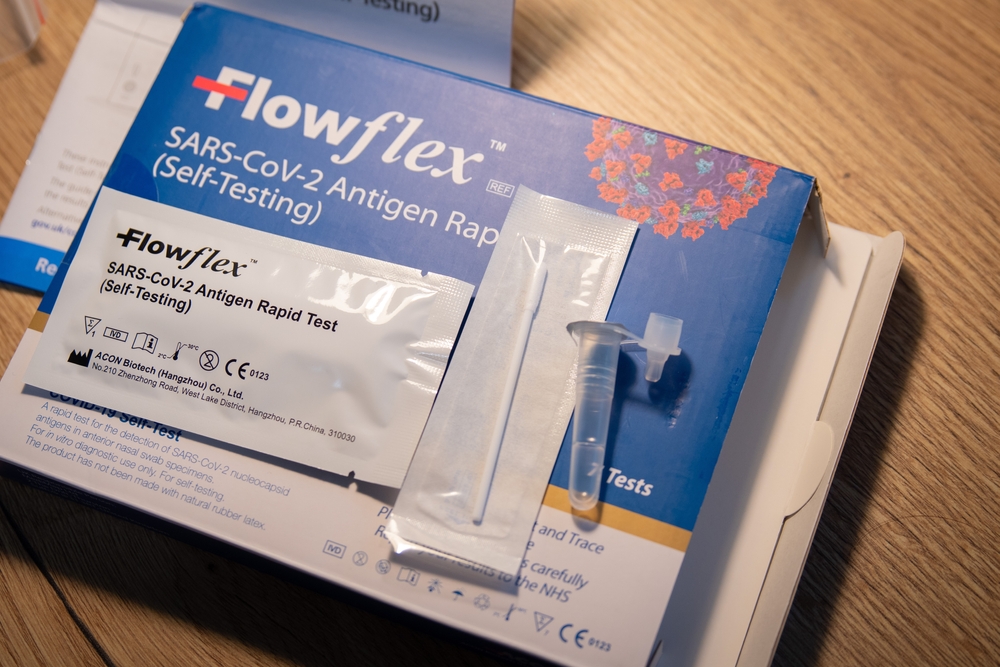
Coronavirus
10 Covid-19 vaccine myths busted
5 years ago

Vaccines have been shown to give the best protection against the Covid 19 virus for us, our family and friends – and the NHS.
But anyone who’s been on social media or just chatted to mates will know that there are lots of rumours and myths surrounding the jabs.
With restrictions due to finally be lifted, health experts say it’s crucial that as many people as possible aged 18 and over get their first vaccination, and those who’ve already had that should remember to book in for a second.
If you’re worried about something you’re read or heard, here are 10 Covid vaccine myths busted …
There’s a microchip or tracking device in the vaccines
We’ve all heard this one – in fact it’s gone around the world – but it’s absolutely not true, it’s just a false conspiracy theory. There’s nothing in any vaccine to capture your personal information. Bill Gates doesn’t know, and probably doesn’t want to know, when you go to the pub.
They were rushed through so might not be safe
The Covid vaccines actually went through the same rigorous testing as all medications, there were no shortcuts or steps missed out. The independent medicines regulator has strict quality, safety and effectiveness tests that all medications including vaccines have to pass. All the Covid vaccines licensed in the UK did. It’s unusual for vaccines to be developed and tested so quickly, but that doesn’t mean it isn’t safe. The big difference with Covid vaccines was we were in an emergency situation so the red tape and funding issues which often slow down the process didn’t happen.
The vaccine can make you test positive for the virus
It can’t. They don’t contain a live virus so it’s biologically impossible for any of the vaccines to give you Covid and they shouldn’t cause a positive viral test – the only test you could get a positive on is an antibody one.
If you’re pregnant, the vaccine will harm your baby
The vaccines can’t give your baby Covid. If you’re pregnant and haven’t had a vaccine yet, it’s preferable to go for the Pfizer or Moderna vaccine because they’ve been used more during pregnancy in other countries with no safety concerns. If you’ve already had an Oxford/Astra Zeneca jab for your first dose with no serious side effects, you should have it again for your second dose.
You can pass the vaccine on when you’re breastfeeding
You can’t pass the vaccine on to your baby through breast milk. If you’re breastfeeding, the vaccine you have will depend on your age – over 40s can have any, under 40s are recommended to have the Pfizer or Moderna vaccines due to the rare blood clotting side effect that’s been linked to the Oxford/Astra Zeneca one.
If you’re trying for a baby, the vaccine reduces your chances of getting pregnant
Experts at The Royal College of Obstetricians and Gynaecologists and the Royal College of Midwives (RCM) say there’s no evidence that Covid vaccines have any effect on your chances of becoming pregnant and there’s no need to avoid getting pregnant after being vaccinated.
Your DNA will be altered by the vaccine
All the vaccines do is create a reaction in your body to produce antibodies which fight the virus. They don’t go into the nucleus of a human cell which is where your DNA is kept so don’t interact with it at all.
The vaccines contain animal products like pork or beef
None of the vaccines being used in this country to protect against Covid contain egg or animal products. This means they’re suitable for vegans, vegetarians and people of all faiths. The Oxford/Astra Zeneca vaccine contains a tiny amount of alcohol but it’s less than some foods including bread.
They have aborted foetus cells in them
Scientists are clear that there are no foetal cells in any of the vaccines. There is a step in the making of vaccines which involves cloned cells from a legally aborted foetus and Astra Zeneca developed theirs using this technique, but the UK regulator confirms that no foetal material ends up in the final vaccine, it’s removed in the manufacturing process.

If you’ve already had Covid, you don’t need the vaccine
Health experts recommend people who’ve already had Covid still get vaccinated because it’s not known yet how long you’re protected from getting the virus again after you’ve recovered. Plus the vaccine provides even more antibody protection than the virus itself.









 Subscribe
Subscribe Follow Us
Follow Us Follow Us
Follow Us Follow Us
Follow Us Follow Us
Follow Us Follow Us
Follow Us











